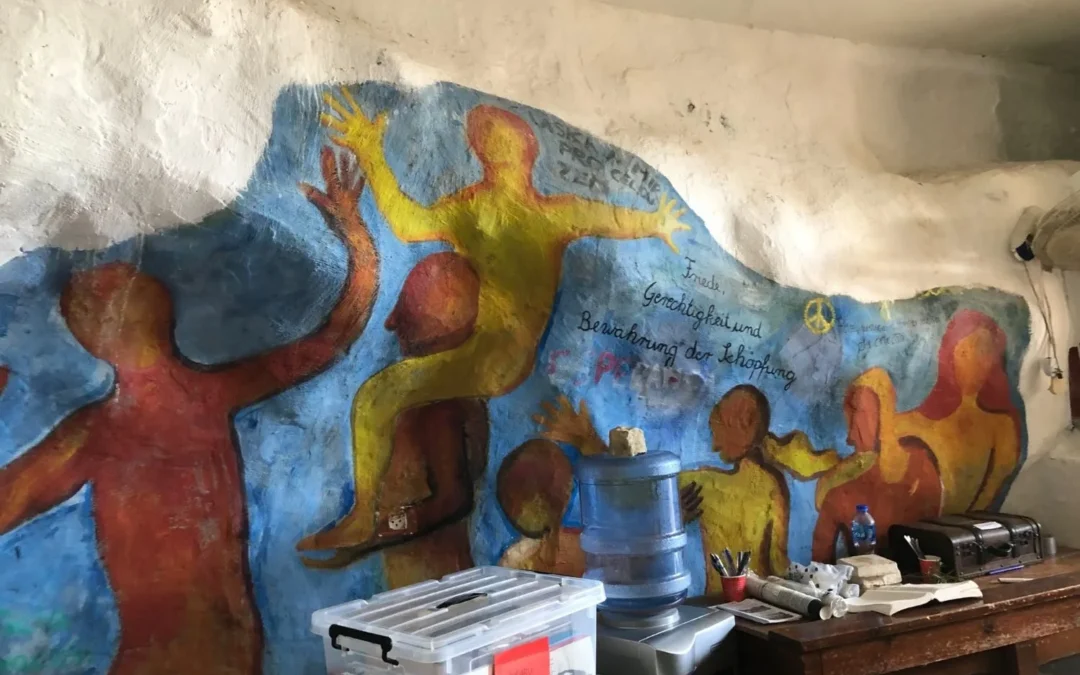QUNO gathered a group of 15 peacebuilding organisations from around the world for a three day gathering on 'What's Next in Peacebuilding?' at Quaker House in New York. The event was an opportunity to discuss a variety of issues relevant to peacebuilding practice today, including peace perspectives on humanitarian action, new perspectives on the prevention of violent conflict, funding for peacebuilding, and the role for peacebuilding organisations in the Middle East. Within the busy agenda there was also time set aside for open discussion, giving space for deeper reflection. There was much discussion around the 2030 Agenda for Sustainable Development, conflict prevention and the recent reviews of the Peacebuilding Architecture, Peace Operations and Women, Peace and Security.

Former Programme Assistant bears witness in the Occupied West Bank
Former Programme Assistant Ailih Weeldreyer, now a National Organizer with the World Student Christian Federation – US, reflected with QUNO-New York about her experience accompanying a group of students on a solidarity pilgrimage through the Occupied Palestinian West Bank in January 2026. During the pilgrimage, Ailih chronicled a day of learning with courageous Palestinian peacebuilders in the West Bank. We were glad to have the chance to reconnect with Ailih and learn more about her work and experience following her year at QUNO. Ailih’s pilgrimage was organized by Sabeel, a Palestinian Liberation Theology Center located in the West Bank. Part of Sabeel’s work includes raising awareness among Christians mostly in Europe and the United States through solidarity pilgrimages. In these visits, organizations, students, and interested individuals are invited to “come and see” the reality of occupation in Palestine and “go and tell” through advocacy in their communities. Visits like these help remind us that Palestinians in the West Bank continue to face conditions of apartheid, displacement, and violation of their human rights even as global attention is fixed on Gaza. One of many poignant moments in the pilgrimage was the delegation’s visit to Tent of Nations, an educational and ecological farm southwest of Bethlehem that exemplifies nonviolent action and community building in the face of land seizures, utility cutoffs, demolition orders, and pressure to leave from Israeli legal regimes and settlements in the West Bank. The challenges faced by Tent of Nations are illustrative of a wider pattern of Israeli activities in the West Bank have been repeatedly condemned by the UN Security Council and the General […]





